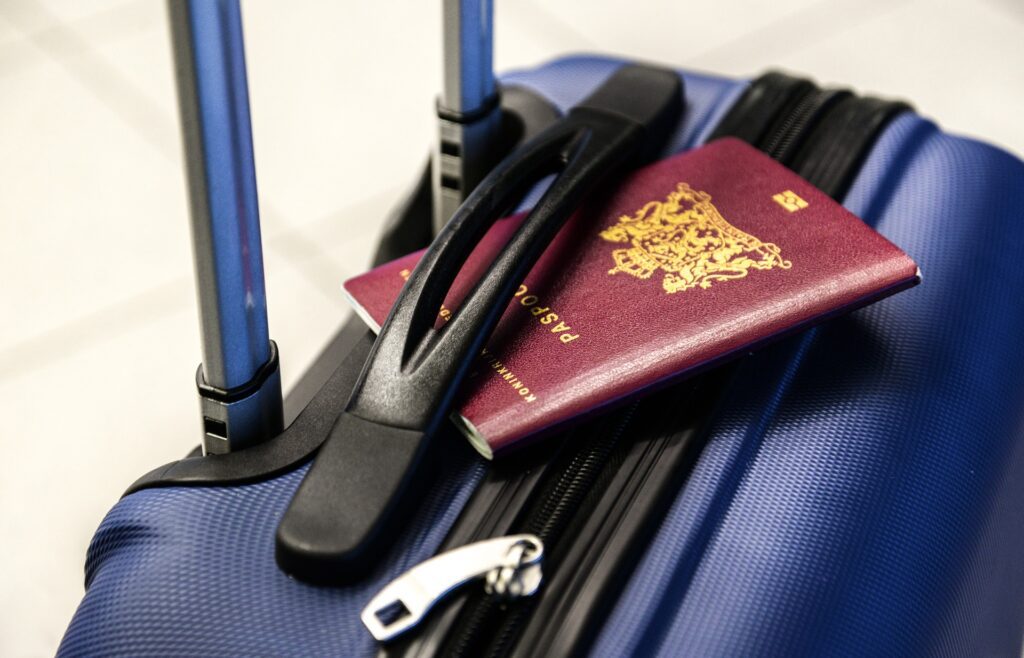
Skift Take
TravelPerk is demonstrating a new approach to redefining employee roles through the implementation of cutting-edge artificial intelligence technologies.
TravelPerk, a growing business travel agency and software platform, has recently secured an additional $104 million in funding.
This funding round follows the previous $115 million round in January 2022, and the series D round of $160 million in April 2021. The latest financing was led by SoftBank Vision Fund 2.
Having now raised a total of $513 million, TravelPerk has been valued at $1.4 billion through this latest funding round.
Offering clients a platform for booking and managing corporate travel, TravelPerk aims to integrate seamlessly with other software systems used by companies. The company’s focus lies on mid-tier and smaller businesses, with notable clients such as Wise, Revolut, Redbull, GetYourGuide, and Aesop. Its expansion efforts are concentrated in the U.S. and Europe.
Presently, TravelPerk boasts a workforce of 1,200 employees, including approximately 700 individuals at its headquarters in Barcelona.
In 2023, TravelPerk reported a 70% growth in revenue and over 90% in gross profit, with booking volumes nearing $2 billion.
A Change of Plans
Originally, TravelPerk did not intend to seek additional funding, noted Avi Meir, the company’s CEO and co-founder.
With the late-stage funding market largely dried up by the end of 2022, the available options came with high interest rates and stringent terms. Consequently, TravelPerk pivoted its operations to pursue growth without fresh funding.
“I didn’t see any reason to raise in such a market,” Meir explained. “We just decided to own our destiny, and we started 2023 with this plan in mind.”
However, the release of the first generative AI model by OpenAI presented an opportunity to revamp the product using this innovative technology as a foundation. Over the past year, the company has been incorporating AI to automate tasks like updating flight changes and facilitating ancillary product purchases.
The recent funding round will enable TravelPerk to accelerate this integration work.
“We didn’t need the money. We were well advanced in our path to becoming profitable and breakeven from a cash flow perspective,” Meir highlighted. “And that’s why we could raise with really good terms.”
More and AI and Automation
Continuing to explore the potential of AI in enhancing its tech product and operations, TravelPerk is experimenting with various ways to optimize efficiency.
One notable example is automating back-office tasks.
Previously, TravelPerk assigned 10 to 15 employees to sift through thousands of emails daily regarding trip updates. For instance, if an airline altered a flight schedule, TravelPerk would receive email notifications, requiring an agent to assess the impact on the client and communicate the changes.
“We automated that using AI,” Meir shared. This automation eliminates the need for manual email review, allowing the platform to promptly communicate changes rather than have information languish in a queue.
“Now our agents can focus on more value-added work,” he added.
Unlike competitors, TravelPerk has chosen not to introduce a chatbot, with no plans to do so in the foreseeable future. Meir believes that the existing flight search functionalities are effective as they stand.
“It was a lot of individual projects in development we did — less visible than if you just release a chatbot and give it a name and say, ‘This is AI,’” he explained. “I think this is a very lazy way to approach AI. It’s good for marketing, but it’s not great for the customer.”
Increasing Competition
Post-pandemic, the demand for corporate travel platforms has been steadily rising.
As companies seek simpler and more cost-effective means of managing travel expenses, tech startups in this sector continue to attract significant venture capital funding.
The Global Business Travel Association anticipates that travel spending will surpass pre-pandemic levels of $1.4 trillion this year, with projections to reach nearly $1.8 trillion by 2027.
Given the size of this market, Meir remains unfazed by competition at this stage, particularly as many companies still manage travel expenses manually.
“I don’t think anybody really knows. We are creating a new category,” he emphasized. “It’s a new way of doing business travel that is based on technology, mostly, but still has humans evolved.”
Correction: This story has been updated to correct the lead investor.



